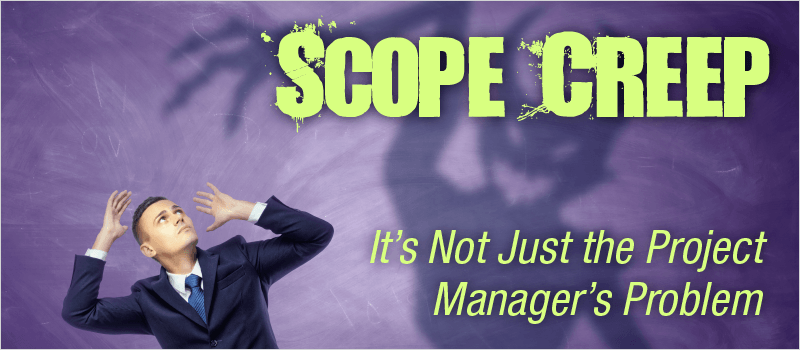Search for...
#project management Bookmarks
Published Bookmarks
Are You Listening To Your Users? – zipBoard
Why user research is important and what methods can work for your team
Understanding Instructional Design – zipBoard
Understanding Instructional Design
A look at what is instructional design, how it came to be, and what are the learning theories behind it
A look at what is instructional design, how it came to be, and what are the learning theories behind it
Reasons Why Project Management Is Important for an Organization
Project management is one of those things that looks easy until you try it. The basics of managing a project from beginning to end require a group of people with various knowledges and skills. Those individuals are in charge of planning and executing the project objectives and that takes something other than work and materials. A sound project plan can mean the difference between success or failure. Each undertaking takes follows a Project Life Cycle.
 Are You Collecting E-Learning Reviews Effectively?
Are You Collecting E-Learning Reviews Effectively?
eLearning feedback and reviews are some of the most important issues during the course development process for all the stakeholders involved in the project. But how do you, as a project manager or instructional designer on the team, make sure that this is done correctly?
Things To Remember During Your Instructional Design Process
Irrespective of whatever instructional design process steps or model a team may follow, certain elements are absolutely necessary to ensure that all stakeholders consider the project to be successful and well-accomplished.
 eLearning Conferences in 2018
eLearning Conferences in 2018
Here’s a pretty long list to jog you through all the events and help get a better idea about eLearning conferences in 2018.
What You Need To Remember During eLearning Project Reviews
A successful e-Learning project stands on multiple pillars and involves many aspects that ensure success. With a variety of stakeholders, like instructional designers, subject matter experts, project managers, end learners etc., collaboration and review are essential to ensure a successful project.
Reviewing a course is essential to ensure quality and that goals are being met. Here are some of the things to remember when reviewing eLearning courses.
Reviewing a course is essential to ensure quality and that goals are being met. Here are some of the things to remember when reviewing eLearning courses.
 Why Teams Need to Define and Document Their Process
Why Teams Need to Define and Document Their Process
When working with a team for creating courses, you need to have a solid process that helps everyone to their best work.
 Scope Creep: It’s Not Just the Project Manager’s Problem - eLearning Brothers
Scope Creep: It’s Not Just the Project Manager’s Problem - eLearning Brothers
It doesn’t matter whether you are a beginning instructional designer or a seasoned veteran, you have most likely already experienced “scope creep.” Scope creep is generally seen as something a project manager controls, but what responsibilities do instructional designers have to keep scope creep in check?
 Making headway: Certificate in Project Management | CourseIndex
Making headway: Certificate in Project Management | CourseIndex
This initial training can be taken on the job or at college, but there are online-only options as well. A common route for aspiring Project Management professionals is to take one of these certificates in preparation for the Project Management Professional (PMP®) exam. Such certificates cover fundamental areas such as Project Scope Management, Time Management, Cost Management, Quality Management, HR Management, Communications Management and Risk Management.
Submit Bookmark


